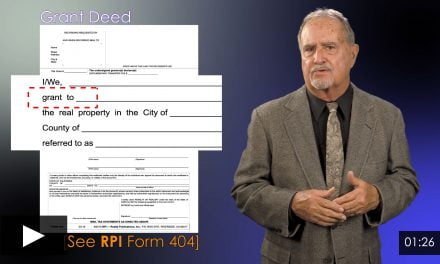Facts: Under the Treaty of Guadalupe Hidalgo, a city comes to hold title to former Mexican Pueblo Lands. The city conveys title to various parts of the former Pueblo Lands to private landowners over time. The city then amends its charter to state that any subsequent conveyance of former Pueblo Lands by the city, whether by grant deed or lease agreement, are to be approved by the city council and by popular vote. During World War II, the federal government takes title to the Pueblo Lands previously conveyed to the private landowners by eminent domain for wartime housing. After the war, the federal government reconveys title to the former Pueblo Lands to the city, which then leases them to a master tenant on the condition the master tenant provides affordable mobile home subleases to subtenants, who are represented by a Homeowner’s Association (HOA). No council approval is obtained and no popular vote is taken. Later, the master lease is reassigned and the new master tenant raises rents for the subleased spaces.
Claim: The subtenant HOA seeks to prevent the rent increase and void the lease agreement between the master tenant and the city, claiming the lease agreement is void since the city did not obtain council or voter approval to convey ownership interest or possession of the former Pueblo Lands, as required by the charter amendment, when it entered into the original master lease agreement with the master tenant.
Counterclaim: The master tenant seeks to validate the existing master lease agreement and exercise their ability to increase subtenant rents as allowed by the master lease, arguing the property no longer retains its status as former Pueblo Lands since the city’s ownership was interrupted by previous conveyances and thus the charter restrictions pertaining to Pueblo Lands no longer apply.
Holding: A California Court of Appeals holds that the master lease remains valid and the master tenant may go forward with rent increases since the property no longer retains its former Pueblo Lands character due to the city’s conveyance prior to the charter amendment and later reacquisition, and thus the property was not subject to the charter restrictions when the city and master tenant entered into the lease agreement. [Linda Vista Village Homeowners Association, Inc. v. Tecolote Investors, LLC (2015) 234 CA4th 166]














